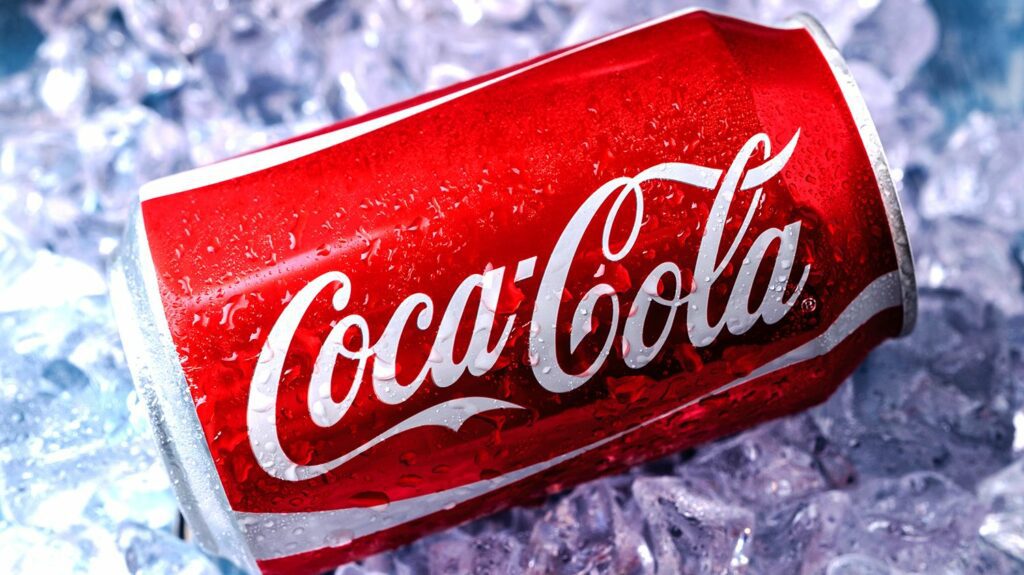Most of the time, Coca-Cola is infamous for its linkage with many health risks. This includes heart disease, diabetes, and higher blood pressure. Although most of Coca-Cola’s benefits stem from its unconventional use as a de-clogger or a grease stain remover, research confirms that Coca-Cola can also be used to treat specific stomach blockages too.
Researchers conclude that the usage of coke as a treatment for gastric phytobezoar proves to be 91.3% successful. Most patients resolved their illness with either a single treatment or combining coke with other endoscopic fragmentation techniques.
The Addictively Sweet Coca-Cola Drink
Even when we were still children, we were always advised to lessen our soft drink intake, especially the famous and addictively sweet Coca-Cola drink. With its high sugar levels, we tend to avoid drinking too much as we get older. We’re now much familiar with the cons of drinking coke but are there health advantages in drinking it as well?
British pharmacist Niraj Naik explains that high-quantity consumption of the ingredients within the coke can bring harm, confirming an existing linkage between the regular consumption of Coca-Cola and diabetes, heart disease, higher blood pressure, and obesity.
As Coca-Cola contains a large amount of high fructose corn syrup, refined salts, and caffeine, it increases your blood pressure and your dopamine levels, triggering your desire to get another can of coke. Although there are numerous health risks associated with Coca-Cola, drinking coke in moderation will not bring serious health illnesses.
With that said, it’s significant to note that drinking Coca-Cola also has its advantages. Although unconventional uses of the iconic soft drink as a grease stain remover, car engine cleaner, and drain unclogger are common knowledge, it’s also reported that Coca-Cola can aid in the mitigation or total removal of stomach blockages. (Source: Medical News Today)
Coca-Cola Used in Medicine
Experts thoroughly studied 24 research papers from 2002 to 2012 that included 46 respondents diagnosed with gastric phytobezoar. The 46 patients within the case studies were all treated with Coca-Cola as a form of dissolution therapy. (Source: Alimentary Pharmacology and Therapeutics)
Phytobezoars are the most common bezoar, a solid accumulation that can induce stomach blockage. Phytobezoars comprise indigestible food fibers acquired from fruits and vegetables such as raisins, prunes, celery, leeks, and much of the like. (Source: Mayo Clinic.)
Within the research, the administration of Coca-Cola took the form of different methods. Most patients drank coke daily with a required dose from 500 mL to 3,000 mL from 24 hours to six weeks or used 3,000 mL of coke as lavage through a separate or double-lumen nasogastric tube over a day. Meanwhile, only eight patients combined distinct forms of Coca-Cola treatment, using consumption, injection, and irrigation.
The success rate of the usage of coke as dissolution therapy in these cases is 91.3%. 50% of the patients resolved their gastric phytobezoar with a single treatment or its use with other endoscopic techniques. Only 4 out of the 46 patients required surgical treatment.
In the discussion of the results, the researchers recommended Coca-Cola ingestion as a cost-effective resolution for gastric phytobezoar as it proved to be successful as a form of treatment for over 90% of cases.
Coca-Cola ingestion should be the treatment of choice considering that less endoscopies and accessories are needed and patients stay less at the hospital. Moreover, availability, low cost, rapid way of action, simplicity in administration, and safety render Coca-Cola a cost-effective therapy for gastric phytobezoars.
Alimentary Pharmacology and Therapeutics
(Source: Alimentary Pharmacology and Therapeutics)
